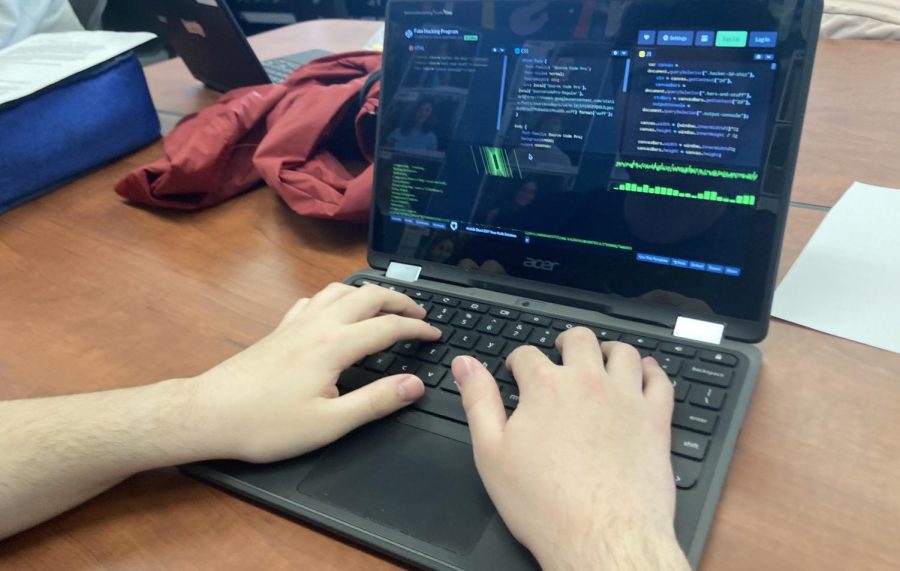Chat-GPT isn’t as bad as you may think it is
Chat-GPT is currently scaring teachers, but as time passes it should be incorporated into education.
Chat-GPT has caused some major controversies recently, and Italy has gone so far as to ban the service. Schools are also in a bit of a panic as fears over students using it for essay writing are prevalent. In my own AP Lang class, students now have to revise their timed argument essays in a classroom with teacher supervision.
The precedent set during this period will be key as services such as Chat-GPT only continue to become smarter and more effective. No doubt, Chat-GPT isn’t just going to fade away, even though many educators probably wish it would.
The main issue that schools are worrying about is academic dishonesty and cheating. With Chat-GPT, it is possible to put in a prompt and for it to formulate an essay. In my own trials, it has been able to create a fairly decent essay, but the writing usually lacks specificity and evidence.
The essays usually have fairly solid ideas, and when I put in an old essay prompt from AP Lang it produced an eerily similar argument to mine.
When I tried to focus Chat-GPT to go more specific, it still remained fairly generic. I asked it to include specific evidence, but it gave vague examples and didn’t use a wide variety of evidence. It also lacked a cohesive line of reasoning and often just proved the argument with different topics rather than building the argument throughout the essay.
By the end of my trials, I was able to produce a fairly competent essay with a counter-argument and some genuinely good specific evidence; however, this shouldn’t strike fear in the hearts of teachers everywhere. While the technology is impressive, it still requires quite a bit of tweaking before an essay can even just be okay. This technology in its current form cannot produce quality work without significant human interaction.
Surely, the currently popular response of widely banning Chat-GPT isn’t helping. If anything, banning it makes people more likely to try to find ways around such bans and blockages; also, prohibiting working on essays outside of class, as aforementioned, will only make the option more enticing. Schools should always strive to make revising and creating work as easy as possible– after all, that is the learning process.
A common comparison that has been made is the calculator. When calculators were first viable to be used in schools, there was controversy over how it would affect learning. Now, calculators are a typical part of the curriculum, and without them many concepts would be extremely hard for students to understand.
This is nearly exactly what is happening right now with Chat-GPT. Educators are worried that it will ruin the essay writing process, and by association the learning process; however, with the example of the calculator, it can clearly be seen that embracing new technology and implementing it into the classroom will be the best response in the long run.
Teaching students how to use Chat-GPT responsibly and as a tool for essay writing will be invaluable. It will allow students to learn in a more effective manner as the calculator did.


